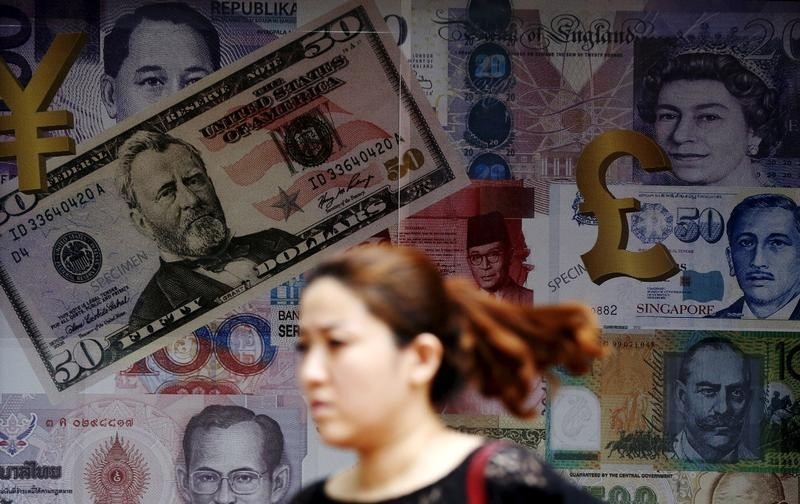US Concerned About Crypto Firms’ Role in Illicit Finance
US Calls for Stronger Measures Against Illicit Finance in Crypto Space
The United States has expressed concern over the lack of efforts by some companies in the digital asset space to combat illicit finance. This issue has gained renewed attention following the recent attacks in Israel by the Palestinian militant group Hamas. Speaking at an event in London, U.S. Deputy Treasury Secretary Wally Adeyemo stated that while the majority of financial institutions are committed to fighting terrorist financing, there are some in the digital asset space who prioritize innovation over the consequences, including protecting against illicit finance.
Expectations for Financial Institutions and Digital Asset Companies
The United States expects financial institutions, digital asset companies, and others within the virtual currency ecosystem to take steps in preventing terrorists from accessing resources. Adeyemo emphasized that if these entities fail to act against illicit financial flows, the United States and its partners will step in to address the issue. Adeyemo’s visit to London and Brussels is part of the U.S. government’s efforts to coordinate actions against Hamas, which has been using parts of the international finance system to bypass sanctions.
Targeting Hamas Funding and Sanctions Evasion
The U.S. recently imposed sanctions aimed at disrupting funding for Hamas. These sanctions targeted individuals involved in Hamas’ investment portfolio and a Gaza-based cryptocurrency exchange, among other entities. The U.S. Treasury has now issued a second round of sanctions, focusing on additional assets in Hamas’ investment portfolio and individuals facilitating sanctions evasion for Hamas-affiliated companies.
Challenges in Tracking Cryptocurrency
While cryptocurrency wallet addresses provide pseudonymity, allowing users to send and receive funds without revealing their identities, U.S. Treasury officials highlighted the importance of identifying groups like Hamas when they attempt to convert cryptocurrencies into traditional currencies. By tracking these conversion points, both within and outside the U.S., officials aim to prevent illicit financing activities. Crypto firms initially claim limited knowledge or control over how their platforms are used, but they tend to change their stance when faced with action by the U.S. Treasury.
Action Taken to Prevent Future Illicit Finance
Adeyemo acknowledged that although crypto currently does not account for a majority of funding for terrorist groups and other illicit actors, the U.S. is taking proactive measures to prevent wider usage of the technology for illicit finance in the future. The U.S. Treasury’s Financial Crimes Enforcement Network (FinCEN) recently proposed increasing transparency around cryptocurrency mixers to combat their misuse by malicious actors, including Hamas.
It is crucial for financial institutions, digital asset companies, and the cryptocurrency ecosystem as a whole to prioritize efforts against illicit finance. The United States is determined to address this issue and expects cooperation from all stakeholders in preventing terrorists from accessing financial resources.



